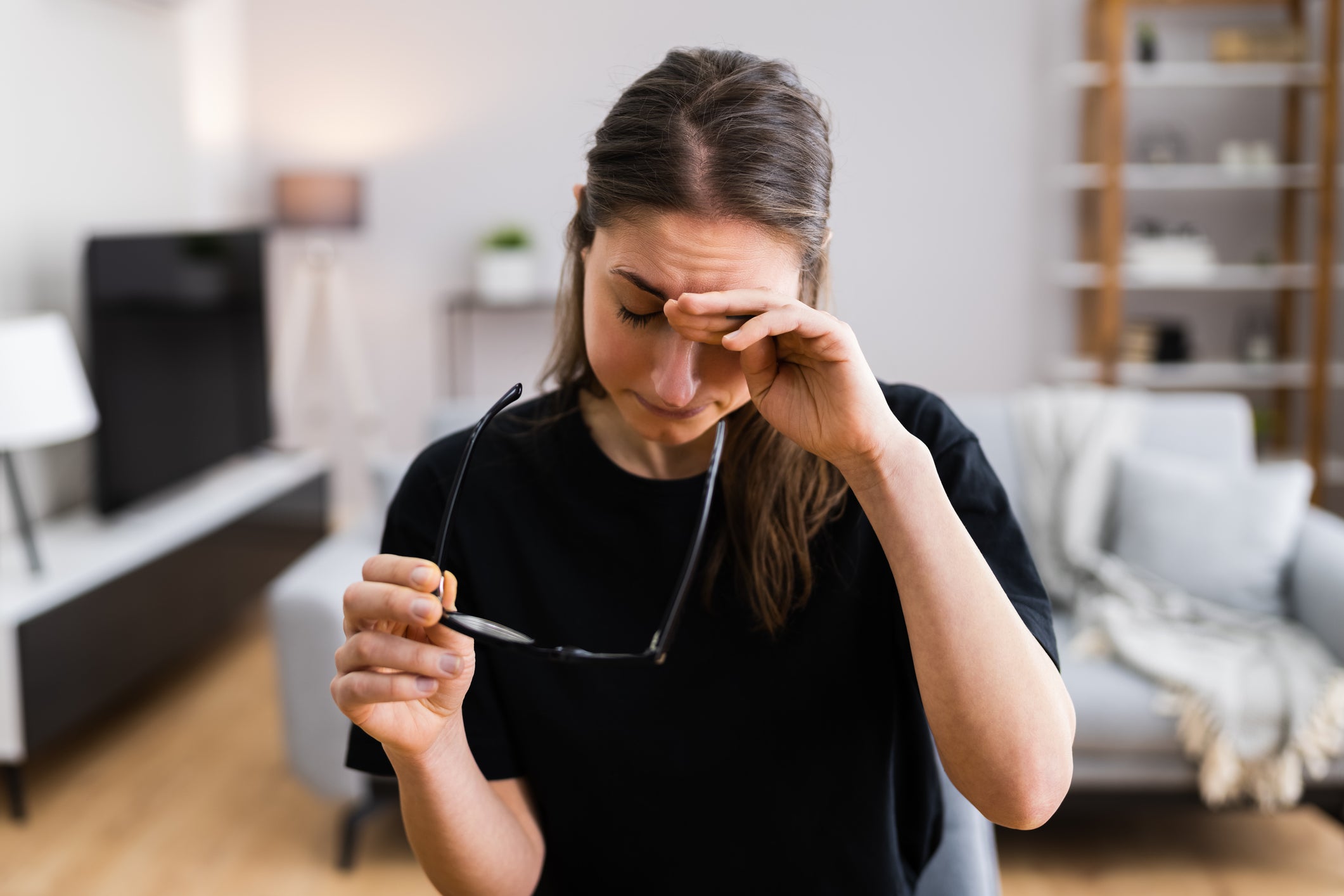Feeling perpetually tired despite getting adequate sleep can be perplexing and hinder your daily activities. Often, the root causes of fatigue are multifaceted, ranging from lifestyle choices to underlying health issues, such as menopause and fatigue. Identifying these causes is the first step towards revitalising your energy levels. In this article, we delve into common factors that may be draining your energy and explore natural ways to restore it, helping you feel refreshed and energised in your day-to-day life.

The Importance of Sleep Quality: More Than Just Hours
The quality of your sleep significantly affects how rested you feel, and during menopause and fatigue, this can become even more pronounced. Hormonal imbalances, particularly fluctuations in melatonin and cortisol levels, can disrupt your sleep cycle, leaving you feeling exhausted despite a full night's sleep.
Enhancing sleep quality isn't solely about adjusting bedtime routines—it requires a comprehensive approach. This could include:
- Establishing a Relaxing Pre-Sleep Routine: Engage in calming activities before bed, such as reading or taking a warm bath, to signal to your body that it's time to wind down.
- Optimising Your Sleep Environment: Ensure your bedroom is cool, dark, and quiet. Consider using blackout curtains or eye masks to block out light, and earplugs or white noise machines to drown out sound.
- Monitoring Diet and Nutrition: Avoid caffeine and heavy meals close to bedtime. Instead, opt for a balanced diet that supports overall health.
- Regular Physical Activity: Incorporate regular exercise into your routine, but avoid vigorous activity close to bedtime as it can energise you.
- Supplements: Certain supplements, such as magnesium or herbal teas like chamomile, can support a more restful night's sleep, especially during the menopausal transition.
The Impact of Stress
Chronic stress is a significant energy drainer, affecting both your physical and mental well-being. It disrupts sleep and can lead to a constant state of fatigue. Managing stress through mindfulness, exercise, and supportive supplements like Organic Super Greens powder can help. This blend is packed with nutrients that support stress reduction and energy revitalisation.

Dietary Influences
Your diet plays a crucial role in maintaining energy levels. A diet high in processed foods can cause fluctuations in blood sugar levels, leading to energy spikes and crashes. Conversely, a balanced diet rich in whole foods provides steady energy. Incorporating Organic Super Greens powder into your diet ensures you're getting a broad spectrum of nutrients for optimal energy production and metabolic health.
The Role of Anaemia
Iron deficiency anemia is a common cause of fatigue, stemming from inadequate hemoglobin levels needed for oxygen transport. Ensuring a diet rich in iron and supplementing with products like Revitalise or Meno Iron can support overall health and vitality, can help combat anemia-related fatigue.
Thyroid Imbalances
The thyroid gland plays a pivotal role in regulating your body's metabolism. Both hyperthyroidism and hypothyroidism can lead to fatigue. Regular check-ups and maintaining a balanced diet supported by supplements can aid in managing thyroid health.
Menopause and Fatigue
Hormonal fluctuations during menopause can significantly impact energy levels. Nature's Help addresses this with targeted supplements like the Menopause Collection, designed to support hormonal balance, hot flushes, iron deficiency, low energy or libido and more during this transitional phase.

Testosterone Levels and Energy
Testosterone, a key hormone in both men and women, plays a vital role in regulating energy, mood, and overall physical health. Low levels of testosterone can lead to a significant reduction in vitality, causing symptoms such as fatigue, muscle weakness, and a diminished sense of well-being. This condition, often overlooked in women, can affect their energy levels as profoundly as it does in men.
Factors contributing to low testosterone levels include aging, hormonal imbalances, lifestyle factors such as stress, poor diet, inadequate exercise, and certain medical conditions. Recognising and addressing low testosterone is crucial for restoring energy levels and improving quality of life, especially during transitional stages like menopause and fatigue. By understanding these changes, individuals can take steps toward boosting their vitality and well-being.
Identifying the Cause: A Path to Revitalisation
Understanding the underlying causes of your fatigue is essential. By addressing these factors through lifestyle adjustments, diet, and targeted supplementation with Nature's Help products, you can embark on a path to renewed energy and vitality. Embrace the power of natural, evidence-based solutions like Revitalise for hair, skin & energy, and Organic Super Greens powder, and take the first step towards overcoming fatigue.
Explore Nature's Help range of natural supplements today and unlock the secret to revitalising your energy levels, naturally.






